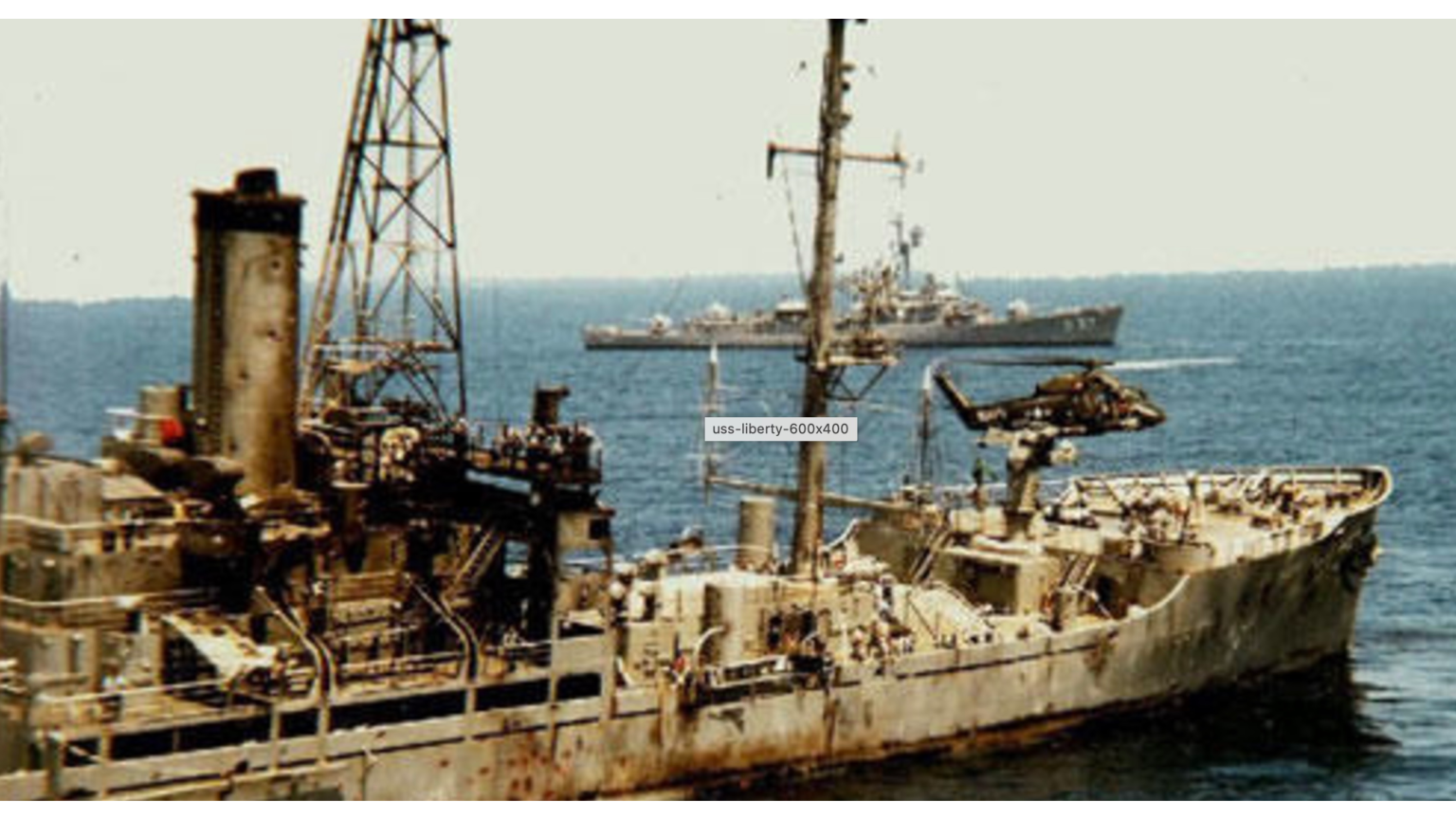Candace Owens has reignited controversy with her latest long-form interview featuring Phil Tourney, a survivor of the U.S.S. Liberty, a naval intelligence vessel attacked by Israeli forces on June 8, 1967, during the Six-Day War. This incident, which resulted in the deaths of 34 American sailors and injuries to 171 others, remains a contentious topic in U.S.-Israeli relations. Official accounts attribute the assault to a case of mistaken identity; however, Tourney and other survivors assert that it was a deliberate attack. Their allegations suggest a false flag operation involving collusion between the U.S. and Israeli governments, elevating the discussion to the highest levels of political intrigue.
During the Six-Day War, Israel found itself under attack from a coalition of Arab nations, namely Egypt, Jordan, and Syria. The context of the conflict is critical; by 1967, American military engagement in Vietnam had grown substantially, and the U.S. government was heavily invested in fighting communism abroad. Public support for additional military engagements, especially so far from home, was waning. Consequently, despite Israel’s strategic need for U.S. assistance, the absence of significant American military involvement did not hinder Israel’s military success, allowing it to gain control over key territories such as the Sinai Peninsula and the Golan Heights.
A significant aspect of Tourney’s argument centers around the reconnaissance flights observed during the assault on the U.S.S. Liberty. He notes in his testimony and supports with findings from the Liberty Veteran’s Association that multiple Israeli aircraft were monitoring the ship prior to the attack. This behavior raises critical questions about the nature of the assault, given that the U.S.S. Liberty was clearly marked as a U.S. naval vessel and operated in a known signals intelligence capacity. With eyewitness accounts describing an eerie calm among the crew as they proceeded towards a supposedly hostile area brimming with other vessels retreating from danger, the implications of such military movements become increasingly suspicious.
When outlining the brutal nature of the attack itself, Tourney describes a calculated, multi-pronged assault that lasted roughly 25-30 minutes, wherein Israeli forces unleashed missiles, gunfire, and napalm on the Liberty. Tourney’s vivid recollections detail precision strikes aimed at incapacitating the ship’s defenses, targeting machine guns, antennas, and fire hoses to limit any effective damage control. The deliberate destruction of lifeboats and the targeting of sailors trying to escape further underscore the disturbing nature of the incident. The eventual attack by torpedoes, leaving a massive breach in the ship’s hull, exemplifies the thoroughness of the assault, which, according to Tourney, was designed to prevent any opportunity for the Liberty to call for help.
The aftermath of the attack and the subsequent silence imposed on the surviving sailors form an integral part of Tourney’s claims. He alleges that both Secretary of Defense Robert McNamara and President Lyndon Johnson consciously withheld military support during the attack and that survivors were later threatened to remain silent about the events, raising questions about government accountability and the true nature of U.S.-Israeli relations. These revelations pose a daunting question: was there a calculated effort to blame Arab nations for an attack that might have had deeper, more convoluted diplomatic motivations?
Throughout his interview with Owens, Tourney’s allegations faced immediate backlash from figures like Ben Shapiro and Charlie Kirk, who labeled the attack theory as a conspiracy. This response not only highlights the divisive nature of the topic but also raises critical discussions on accountability, historical interpretation, and the limits of public dialogue regarding U.S. foreign policy. The implications of confirming a conspiracy involving a U.S. ally could be monumental. For the time being, the truth remains obscured, awaiting potential declassification of documents that could shed light on one of the most controversial incidents in American naval history. Despite the controversies surrounding it, the U.S.S. Liberty attack continues to serve as a reminder of the complexities inherent in international relations and the narratives constructed around critical historical events.

